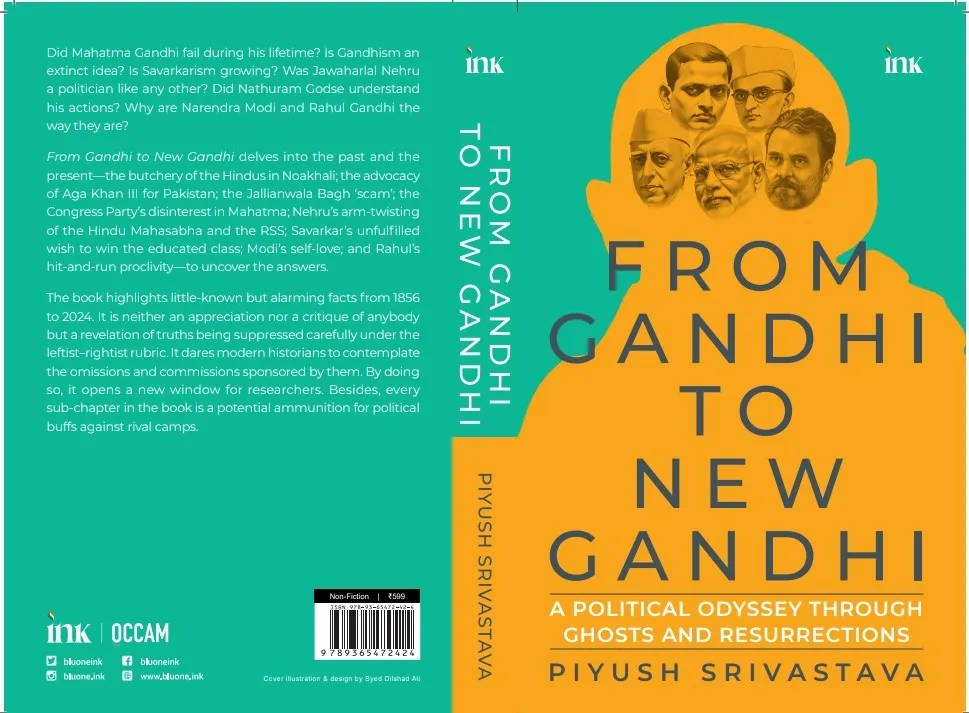Around the decade of 80s, in academics, while understanding political parties in India, we used to ask the question about- ‘class base of political parties’. Now a days we are habitual to raise question- about ‘caste base of political parties’ in Indian society and politics. As we have observed that many political parties in India have their own caste base. The caste base of the political parties gets reflected in their political stands on various issue in different circumstances.
Recently, Supreme Court of India gave a very important verdict in which it permitted the state governments to make provisions for sub- classification in reservations for the most marginal communities within scheduled caste and scheduled tribe category. The Supreme Court also advised the state governments to do a judicious identification of such communities by rigorously collected data. As we know this verdict came in the case of Davinder Singh vs. State of Punjab which is decided by 6:1 bench of the judges of the apex court.
This verdict of the Hon’ble court created a sharp debate in Indian public-political sphere and also produced multiple polarisations among the political class of the country. Some of the political parties expressed their clear-cut stand either for or against of this issue and some others are still working on the strategy to wait and watch. The Political parties like Bahujan Samaj Party (BSP) and its supremo Mayawati, Lokshakti Janata Dal lead by central minister Chirag Paswan, HAM leader and ex-CM of Bihar Jeetan Ram Manjhi, Ram Das Athawale- leader of Republican Party of India (RPI-Athawale) took their clear stand on this recently articulated judgement.
Few Congresses chief ministers such as Revanth Reddy, chief minister of Telangana, K Siddaramaiah, Congress leader and Chief minister of Karnataka, appreciated enthusiastically this verdict of the Supreme Court. BSP leader Mayawati recently opposed this verdict aggressively and described that it may dilute the social justice benefit for Scheduled Castes and Scheduled Tribes, provided by the Constitution.
She also posed the doubt that due to such acts Dalit communities may weaken and their empowerment process will be affected. Lok Jan shakti Party (LJP) leader Chirag Paswan also opposed this verdict. The critical stand expressed by both these leaders from the most visible and dominant Schedule Castes show that they are reflecting feelings of the caste base of their political parties. As we know that BSP’s caste base among Schedule Castes is centred around Jatav, Chamar castes in the various Northern Indian states who have evolved as main beneficiary of reservations for the scheduled castes in post Independent India.
Similarly, Paswan also known as Dusadh caste in Bihar– is the largest castes among the list of Schedule castes of Bihar. It is visible Dalit communities in the state and acquired various kinds of representations in politics, jobs and development. It is working as base vote community of Lok Jan shakti Party, led by Chirag Paswan, in electoral politics. This verdict may create possibility for the share in reservation generated opportunities in other marginal castes in Bihar, whose major benefits use to go to the Paswan Community.
The Chirag Paswan’s stand on it is largely reshaped by the pressure of their electoral caste base in the politics of Bihar. Jeetan Ram Manjhi and his party -Hindustani Awam Morcha (HAM) who represent the developmental and political desire of the Musher caste which is one of the poor and most marginal Schedule Castes in Bihar. As Manjhi supported this verdict of sub-classification of the SC-ST reservation for most backward and marginal castes.
It is obvious that while supporting it, he is supporting the interest of his political caste base. In this process he is also addressing his electoral base in the politics of democracy.
Second factor which has reshaped the stand of few political parties is electoral concern. In fact, in most of the state this assertion for sub-classification in SC-ST reservation is led by second largest or second politically influential caste in various state. In Punjab, it is led by Valmiki caste, in Telangana, it is led by Madiga caste and Maharashtra it is being demanded by various non-Mahar Dalit castes. So, to understand, political and electoral relevance of these communities, various national and regional political parties came forward to support this verdict.
However, supporting the cause of most marginal communities is ethical concern for our political class but what we observed – the political stand of many political parties has been reshaped by their mere political and electoral concern. The political is always pragmatic, mostly it keeps ethical and moral concern as secondary preference while articulating its political stand. But ‘literati class ‘of the any nation must take ethical and moral stand especially while articulating the politics of distribution of democratic resources for the most backward and most marginal communities.




















